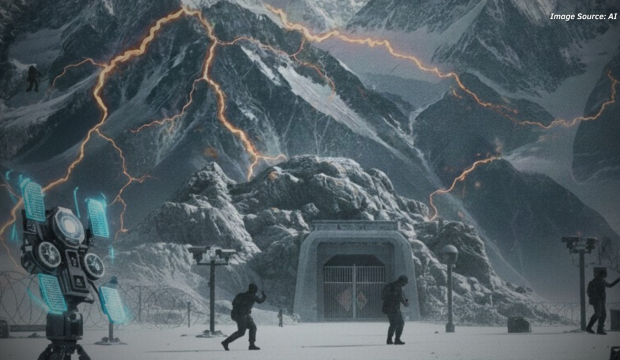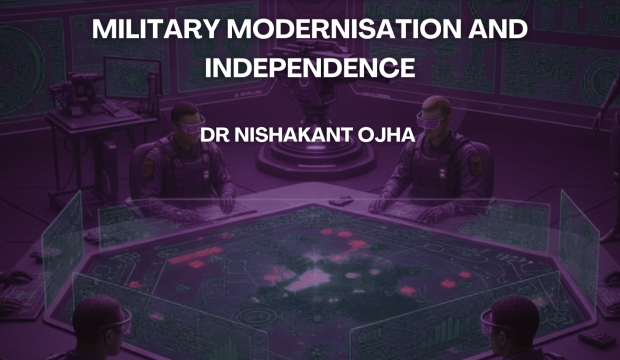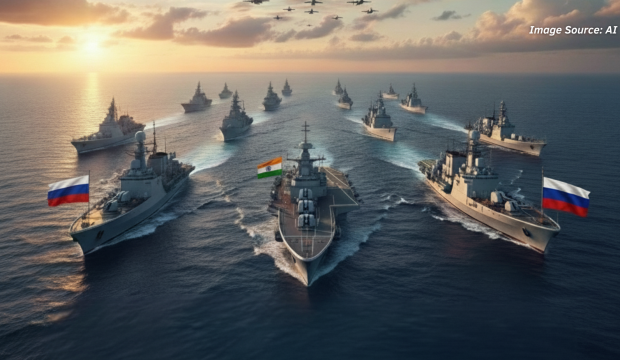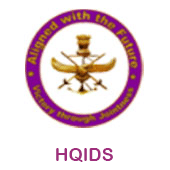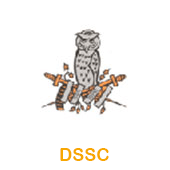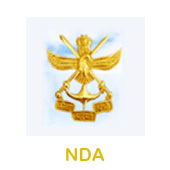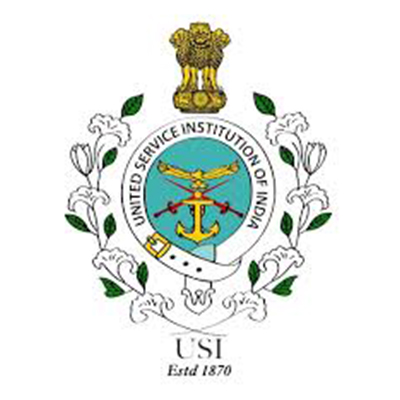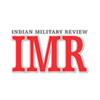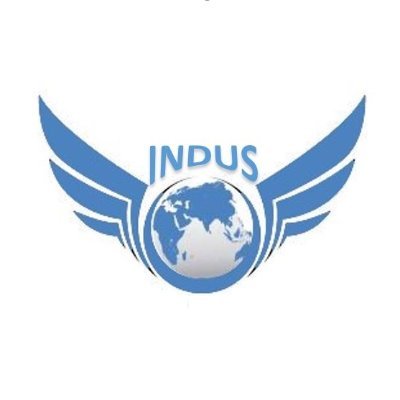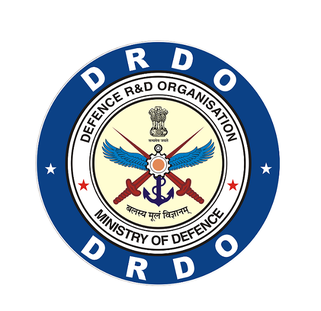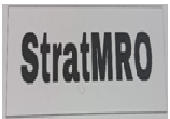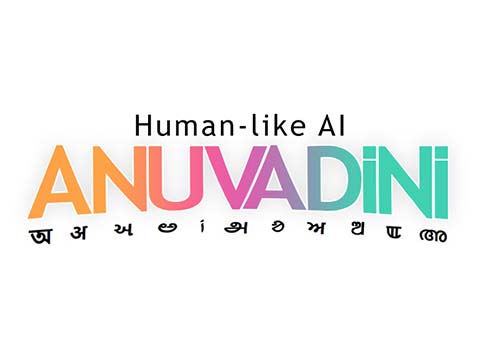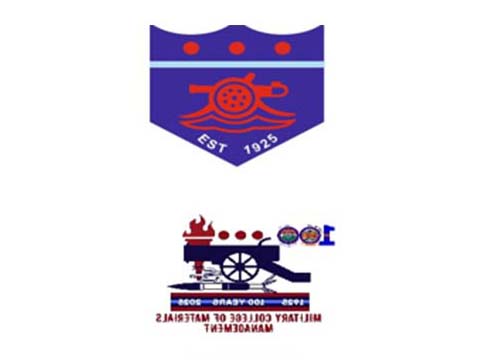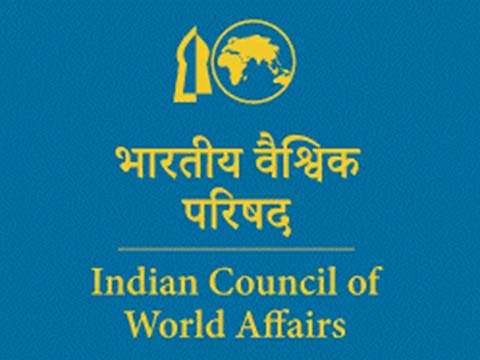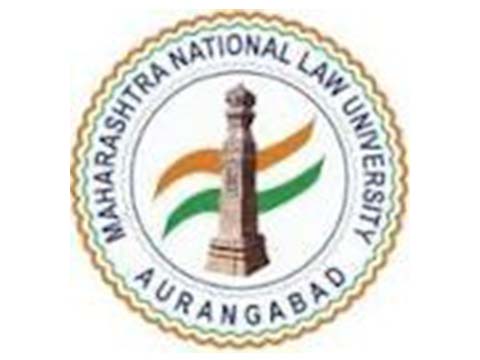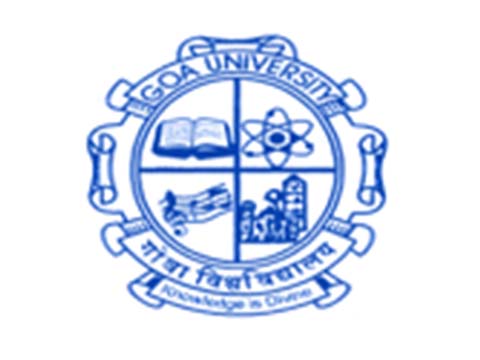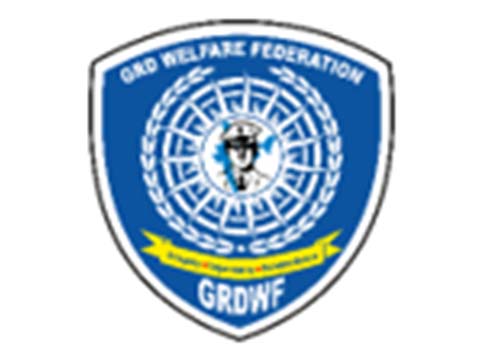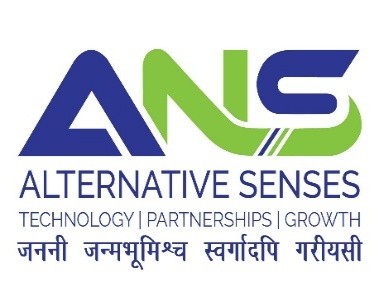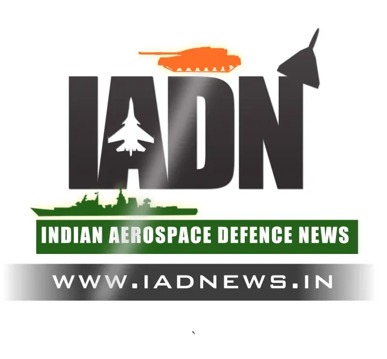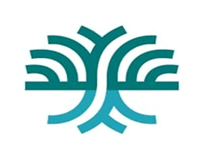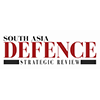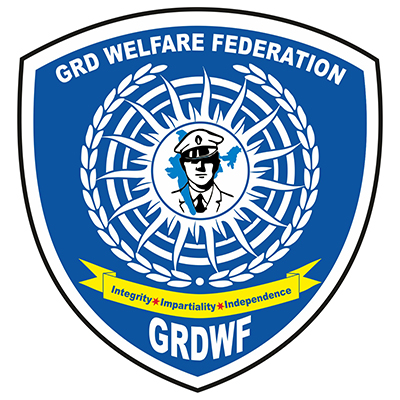Introduction
India and Germany completed 70 years of diplomatic relations in 20211 sharing a robust partnership rooted in economic and cultural ties which continues to evolve, unlocking new avenues for association. Both nations have had a Strategic Partnership since 2000, since then the bilateral ties have only been strengthened after the launch of the Intergovernmental Consultations (IGCs) in 2011.2This framework at the cabinet level underlines growth over cooperation, which also aims to identify areas of further engagement. They signed a Bilateral Defence Cooperation Agreement in 2006 and then an Arrangement on Implementation of the Agreement to further enhance defence cooperation in 2019.3
Being amongst the top five largest economies, both nations are determined to further deepen ties in various sectors which will be discussed later in the paper. Germany cannot overlook India’s friendship with Russia and neither can India brush Germany’s neighbourhood inhibitions. It is only fit for both nations to look beyond these territorial linkages and build on existing collegiality. As a founding member of the EU, Germany has been keen on leveraging EU’s rapport with India in terms of trade to divert it to further areas of partnership, like defence and technology. Germany has been an avid part of the EU project, namely Enhancing Security In and With Asia (ESIWA) wherein India is considered a pilot country4 for augmented cooperation on maritime security, counterterrorism, cyber security, and UN Peacekeeping.
Germany is India’s largest partner from Europe5 and regularly meet as G4 member, G20 member, Indian Ocean Rim Association (IORA) dialogue partner, and Indo Pacific Oceans Initiative (IPOI) lead- these partnerships will play an important role in the future considering the visions emphasises on stability. The IGCs have been a flagship initiative for this relationship making innovative policies like that on green energy corridors and renewable energy partnership6 which will focus on green grids and storage, making renewable energy available at remote locations which can be accessed by the armed forces as well.
The inclusion of German words meaning ‘strengthening defence partnership’ was a deliberate action to emphasise Germany’s proactive approach in initiating and moreover, presenting a dedicated paper to showcase India as a key partner in the current dynamic space. There is a need for both nations to respect mutual areas of interest and collaborate on fostering innovative projects. This paper will try to explore the empirical side of said bilateral relations, suggesting areas of enhanced cooperation while focusing on pre-existing frameworks which points towards similar understanding of the contemporary global state.
Recent Developments
To translate intent to outcomes has not been as efficient as both nations would have liked it, following are the few areas of recent interactions:
- Military Cooperation: Only now is the first time Germany was involved in a joint military exercise- Tarang Shakti, which was not just the first multinational air combat exercise by India,7 but it also served as a platform to exhibit defence and technology related industrial equipment serving as an opportunity for Indian aerospace industry to integrate in the supply chain of foreign Original Equipment Manufacturers (OEMs). Other exchanges include the adoption of Delhi Declaration on ‘Countering Use of New and Emerging Technology for Terrorism’ in 2022 emphasising protection of military operations in the digital age and the recent signing of the Mutual Legal Assistance Treaty by sharing intelligence and coordinating joint operations.8 There have been talks about Joint Working Group on Counter Terrorism to strengthen international cooperation while focusing on financing channels, disrupting their networks and combating the menace.9 Regular Cyber Consultations, idea to reconvene Defence Technology Sub Group meetings (DTSG),10 India-Germany Military Cooperation Sub Group (MCSG) meetings11, the Maritime Partnership Exercise (MPX),12and the Strategic Compass13 all highlights frameworks focused on increased bilateral maritime interoperability and cooperation by not only Germany but hint towards European action.
- Political Engagements: The timing was just right, as back-to-back visits by General Ingo Gerhartz right after Pitch Black14 and by Chancellor Olaf Scholz co-chairing the 7th IGC15 indicates commitment for both nations to enhance military and strategic partnerships. Germany proved to be a latecomer amongst the Western world to engage extensively with India, while it awaits the conclusion of Project 75 (India) deal, nevertheless, it could prove as a major boost to the partnership. Apart from this, other active actions like the recent High Defence Committee (HDC) 16 emphasised on closer collaboration in high technology defence equipment and projects with a focus on track 1.5 dialogues as an important part of engagement at the ground level, incorporating various dialogue mechanisms that foster confidence- building and work on generating ideas for more collaboration. Furthermore, India and Germany have only recently begun welcoming port calls of each other’s naval ships, soft launching their defence cooperation to their respective regions exploring on-ground information sharing.
- Economic Interactions: The recent Indo- German Summit although lacks glamour or breakthrough ideas, it still is consequential and marks a step towards the collective European region.17 Germany’s vested interest in securing its trade routes is manifested in its successful interactions with other countries in the region. With India, it eyes a window of opportunity in the former’s defence dependence on Russia and seeks to actively replace it with the German industry. India’s industry-lacking funds for R&D is still dependent on foreign technology, but the ability to innovate can be supported by Germany subsequently, to gain access to the Indo-Pacific.18 With steps like supporting India’s application for observer status at the in Eurodrone Programme in the Organisation for Joint Armament Cooperation (OCCAR), it is likely on the right path for helping India leverage from European R&D advancements.
- Maritime Security: Germany is not a resident power in the Indo-Pacific, but its commitment to the region is noteworthy as it is not limited to interactions with India. The later released ‘Policy Guidelines of the Indo Pacific’ has a dedicated section on stability, peace and security. It highlights the region while mentioning EUNAVFOR Somalia ATLANTA Mission19 and Critical Maritime Routes Indo-Pacific (CRIMA-RIO) Project,20 where they worked closely with other nations including India to protect trade routes in the Indian Ocean and on maritime security in North Western Indian Ocean engaging India with EU focusing on information sharing initiatives and Maritime Domain Awareness (MDA) respectively.
With the volatility engulfing Europe on one end, Germany seems to be the forerunner engaging with India giving due importance to its backyard foothold. Leading capacity building and resource sharing in IPOI, Germany can build on these interactions to interact more with other stakeholders in the region gaining trust and then a market for itself. The Guidelines mention the growing rift between China and the US while brushing on the topic of maritime territorial disputes and the South China Sea, which does not directly affect India but there is an agreement on similar threats of instability, which can be an area of collaboration. The paper also acknowledges India as one of the 10 largest contributors of troops for UN peace missions which opens up avenues for further collaboration on military exercises, like on piracy as both nations aim to strengthen the global rule-based order.21
Germany says, “Focus on India”
The strategic document named ‘Focus on India’ was released by the Federal govt of Germany on Oct 202422 making it a one-of-a-kind White Paper, reiterating their interest in India as an important partner. The paper not only highlights the areas of cooperation and suggests sectors of increased engagements, it was released at a crucial time hinting Germany’s pivot to the Indo- Pacific. The paper is released at a juncture when the world is surrounded by instability and India seems like a safe bet to help balance China, considering last year’s paper was titled ‘Strategy on China’23 which sets a different tone as to their “focus” appearing more collaborative. The paper on India fulfils the purpose of providing an inventory over existing partnership, proposing new avenues and shows the willingness of Germany to become a major security partner while focusing on avenues like energy and climate cooperation. Like, it recently joined the International Solar Alliance (ISA) in 202124 to strengthen expansion of solar energy at the multilateral level while seconding the positioning of a liaison officer to monitor marine traffic under Information Fusion Centre for the Indian Ocean Region (IFC-IOR) augmenting close cooperation.25
While Germany released this White Paper specifically pinpointing India and not the Indo- Pacific/Asian region, we can consider Germany wants to hit two birds with one stone. With the recession in Europe and Germany’s reliance on Russia, India proved to be the best bet against its oil crisis, balancing China in the region and, since Russia is already consumed with the ongoing conflict, Germany finds India to be a safe market slowly working to reduce the Russian dependence from the inside out.
Germany’s ‘National Security Strategy’ in 2023 also mentions China as a partner, competitor and systemic rival26 which is a challenge for most nations in the multipolar world because of their economic dependence on the latter. While Germany faces a dilemma to move away from China, India’s territorial proximity poses a different security threat. Both countries find commonalities, especially in economic dependence and the challenges posed in their neighbourhood (Re: Russia & China respectively) while reconsidering diversifying their external dependencies to find new interest in each other.27
The pragmatic solutions in this interest-based document does not pose new ideas entirely, but reinforces domains for progress and opportunity catering to the global order. Therefore, frank discussions as suggested in the form of Indo- German Dialogue Forum is an indispensable proposition to move forward, catering to candid conversations allowing efficient discussions and practical solutions. Although, there is a need for clarity on sectoral dialogue formats like, the Indo German Digital Forum28for other sectors as well, which would ensure efficiency and coherence.29
Paving the Way Forward
- Conclusion of Reciprocal Logistics Agreement30: Both countries need to work on increasing military exercises and regular exchanges of defence personnels to better acknowledge the built-up gaps. It can be commenced with the conclusion of the said Memorandum of Arrangement on reciprocal logistical support agreement, to increase arms cooperation.
- Engagement on Various Fronts: With the changing global notions for interaction, we should acknowledge how economic cooperation and military cooperation go hand in hand. We need value creation in defence, and Germany could step-up to create Military Industrial Complex (MIC) with joint training programmes for better collaboration. After years of passive acknowledgement, Germany is finally willing to engage with India’s desire for significant defence cooperation by supporting its defence industry with instruments like security dialogue formats, diplomatic talks and increased military exercises.
- Response on Climate Crisis: As Germany aims to become a reliable security partner, they can expand on areas like climate action, climate resilience, and disaster response say, under ISA and provide financial assistance to Pacific Islands nations on projects towards harnessing renewable energy to full potential which will benefit the islands, provide helping-hand to India and eventually increase engagement of Germany in the region.
- Collaboration on the Digital Space: As warfare evolves, both nations can collectively work on cybersecurity, combating terrorism and securing underwater sea cables which in turn secures trade and national security concerns. Given the influence of both countries in their respective areas, it seems most viable to emphasise on the potential of each country within the context of the evolving global paradigm.
Conclusion
As India continues to play a pivotal role in South Asia and the Indo Pacific, and Germany remains influential within the European Union and beyond- the potential for enhanced cooperation could be multidimensional. The recently introduced frameworks like that of IGCs, agreements on green technology, information sharing, and increased military engagements could be efficiently worked on to address global challenges at large. Beyond defence, climate action is something the West wants to actively engage in, hence India is also working to provide practical solutions towards renewable energy consumption.
On the more geopolitical plane, although, some of Germany’s concerns with China might overlap with India in terms of economics and security, the former has a totally different approach. Its concerns are more amplified with Russia, considering the territorial proximity and NATO alliance fearing the excessive injection of resources if the Ukraine conflict further escalates. Recognising India’s friendship with Russia, Germany has marked a significant leap of faith initiating collaboration with India; a move that aims to explore opportunities from Russia’s current limitations positioning Germany to establish a foothold in India’s defence industry eventually gaining access to the South Asian market
DISCLAIMER
The paper is author’s individual scholastic articulation and does not necessarily reflect the views of CENJOWS. The author certifies that the article is original in content, unpublished and it has not been submitted for publication/ web upload elsewhere and that the facts and figures quoted are duly referenced, as needed and are believed to be correct.
ENDNOTES
- Ministry of External Affairs (2023), Government of India, URL: https://www.mea.gov.in/Portal/ForeignRelation/Germany_Brief.pdf.
- Ministry of External Affairs (2024), Government of India, URL: https://www.mea.gov.in/Portal/ForeignRelation/India-Germany-2024.pdf
- Embassy of India, Berlin, URL: https://indianembassyberlin.gov.in/pages?id=NA,,&subid=MTk1#:~:text=The%20Bilateral%20Defence%20Cooperation%20Agreement,in%20February%202019%20in%20Berlin.
- Federal Government of Germany (2020), Policy Guidelines for the Indo Pacific, URL: https://www.auswaertiges-amt.de/resource/blob/2380514/f9784f7e3b3fa1bd7c5446d274a4169e/200901-indo-pazifik-leitlinien–1–data.pdf
- Embassy of India, Berlin (2024), URL: https://indianembassyberlin.gov.in/pages?id=NA,,&subid=MTk0&nextid=MjQw
- Ministry of External Affairs (2023), Government of India, Media Center, URL: https://www.mea.gov.in/bilateral-documents.htm?dtl/36298/IndiaGermany_Vision_to_Enhance_Cooperation_in_Innovation_and_Technology
- Air Marshal Anil Chopra (r), “Exercise Tarang Shakti – Largest Multilateral Air Exercise in India”, Indian Aerospace and Defence Bulletin, 25 September 2024. https://www.iadb.in/2024/09/05/exercise-tarang-shakti-largest-multilateral-air-exercise-in-india/
- Federal Government of Germany (2024), Focus on India, URL: https://www.auswaertiges-amt.de/resource/blob/2680288/8909ac2c501ab85d55defff7d1b8b75d/241016-fokus-indien-data.pdf
- Ministry of External Affairs (2019), Government of India, Media Center, URL: https://www.mea.gov.in/bilateral-documents.htm?dtl/32193/8th+meeting+of+IndiaGermany+Joint+Working+Group+on+Counter+Terrorism
- Ministry of External Affairs (2023), Government of India, Media Center, URL: https://www.mea.gov.in/bilateral-documents.htm?dtl/35251/Joint_Statement_6th_IndiaGermany_InterGovernmental_Consultations
- Ministry of Defence (2024), Government of India, PIB, URL: https://pib.gov.in/PressReleasePage.aspx?PRID=2061205
- Ministry of Defence (2024), Government of India, PIB, URL: https://pib.gov.in/PressReleaseIframePage.aspx?PRID=2067768
- Ibid, 8
- Geeta Mohan, “German Chancellor Olaf Scholz to visit India for IGC meet, confirms General Gerhartz”, India Today, 14 August, 2024. https://www.indiatoday.in/global/story/significant-step-in-global-military-ties-german-air-force-chief-on-indias-air-drill-tarang-shakti-2582149-2024-08-14.
- Ministry of External Affairs (2023), Government of India, Media Center, URL: https://www.mea.gov.in/bilateral-documents.htm?dtl/38467/Joint_Statement_7th_IndiaGermany_InterGovernmental_Consultations_IGC
- Ministry of Defence (2024), Government of India, PIB, URL: https://pib.gov.in/PressReleasePage.aspx?PRID=2009618
- C Raja Mohan, “In German chancellor’s India visit, a chance for deeper ties with Berlin”, The Indian Express, 22 October, 2024. https://indianexpress.com/article/opinion/columns/c-raja-mohan-writes-in-german-chancellorns-india-visit-a-chance-for-deeper-ties-with-berlin-9632077/
- Wagner, Christian (ed) (2024), “India as a partner for German Foreign Policy”, Berlin: SWP Research Paper https://www.swp-berlin.org/publications/products/research_papers/2024RP17_India_Germany_Partner.pdf
- Ibid, 4
- https://www.eeas.europa.eu/eeas/crimario-ii-critical-maritime-routes-indo-pacific-project_en
- Ibid, 4
- Ibid, 8
- Government of Federal Republic of Germany (2023), URL: https://www.auswaertiges-amt.de/resource/blob/2608580/49d50fecc479304c3da2e2079c55e106/china-strategie-en-data.pdf
- Federal Ministry for Economic Cooperation and Development (2021), Federal Government of Germany, URL: https://www.bmz.de/en/news/archive-press-releases/germany-joins-the-international-solar-alliance-92834#:~:text=Press%20release%2014%20September%202021,the%20expansion%20of%20renewable%20energy.
- Ibid, 4
- Federal Government of Germany (2023), National Security Strategy, URL: https://www.nationalesicherheitsstrategie.de/National-Security-Strategy-Executive-Summary-EN.pdf
- Tobias Scholz, “Berlin’s new focus on India”, ORF, 24 October, 2024. https://www.orfonline.org/expert-speak/berlin-s-new-focus-on-india
- Ministry of Defence (2024), Government of India, PIB, URL: https://pib.gov.in/PressReleaseIframePage.aspx?PRID=2068257
- Ibid, 15
- Dinakar Peri, “German Chancellor Olaf Scholz discusses pact on military logistics support during his visit to India”, The Hindu, 24 October 2024. https://www.thehindu.com/news/international/german-chancellor-olaf-scholz-discusses-pact-on-military-logistics-support-during-his-visit-to-india/article68792749.ece

Ms Ritika Sharon
Ms Ritika Sharon is a Research Assistant at CENJOWS, New Delhi.



